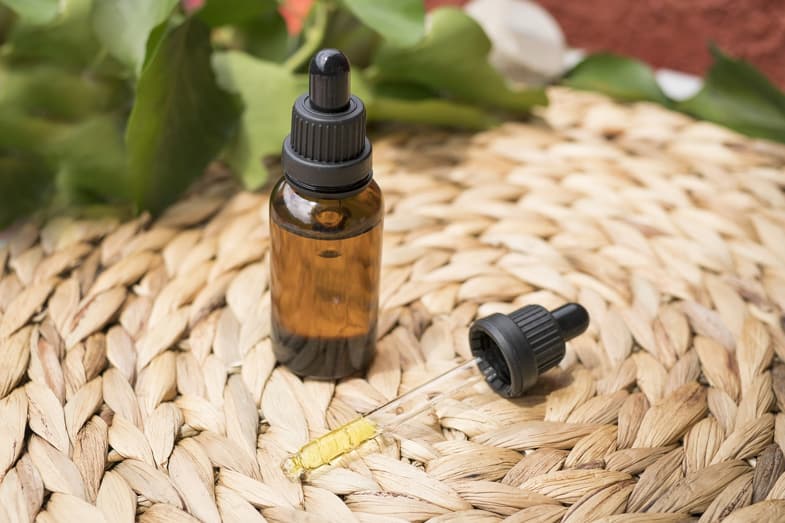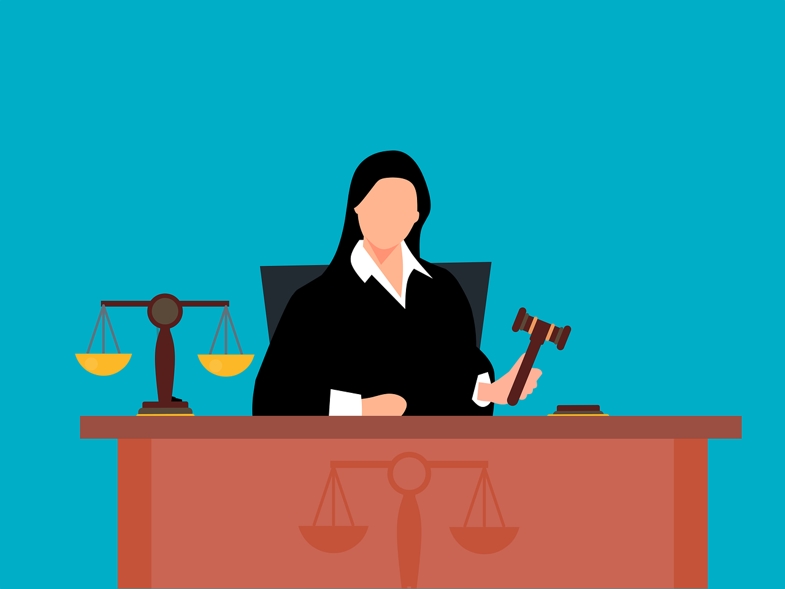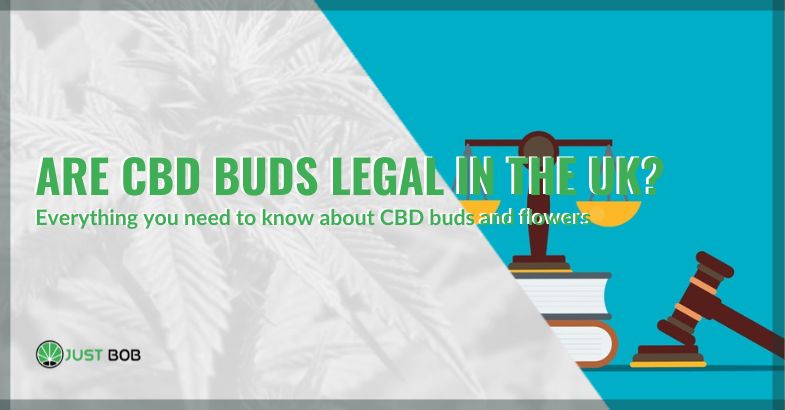Published on: 17/05/2024
A brief overview of the legal status of cannabidiol and everything you need to know about the regulations governing the subject
If you have landed on these pages you are surely wondering whether CBD flowers, buds or bossoms are legal in the UK.
Is it legal to purchase CBD? What does the law say about recreational intake?
What are the regulations governing the cultivation and production of CBD flowers?
In this article we will try to answer these legitimate questions and help you navigate this world of rules and regulations that are not always clear.
Obviously, we do not in any way want to encourage you to engage in illicit practices; on the contrary, we want to provide you with all the tools to understand the rules governing this area, precisely to avoid misunderstandings and misconceptions about it.
We hope to satisfy all your curiosity about the regulations governing the intake and purchase of CBD oil and flowers and shed some light on some often overlooked aspects and dispel some clichés.
Before we begin, however, we invite you to explore Justbob’s website and take a look at our legal cannabis products. Well, with that said, we wish you a good read!
What is CBD? A brief overview of its uses and effects
Cannabidiol (CBD) is a nonpsychoactive cannabinoid found in the cannabis plant (Cannabis sativa), which is considered nontoxic by the WHO (World Health Organization) and EFSA (European Food Safety Authority).
In addition, CBD has remarkable anti-inflammatory and pain-relieving properties; in fact, it is used to treat chronic pain, insomnia, and anxiety.
In other articles we have seen how it acts on the endocannabinoid system and CB1 and CB2 receptors and how it can promote relaxation, but not only that, this substance also has relevant and recognized effects:
- anxiolytic;
- analgesic;
- anti-inflammatory;
- antiemetics (against nausea and vomiting);
- antispastics;
- hypotensives;
- antioxidants;
- immunomodulators;
- anticonvulsants;
- antipsychotics.
Despite these positives, some potentially negative, though very rare, side effects should not be overlooked, such as:
- dry mouth;
- reduced blood pressure;
- drowsiness or fatigue;
- changes in appetite;
- diarrhea;
- drug interactions;
- allergic reactions.
Given the recent success of cannabidiol products, especially CBD oil, for those who would like to explore this further, the government has posted this detailed and interesting report on its website.


Is CBD legal in the UK?
To answer this question, it is useful to make a few preliminary remarks.
First of all, it is good to specify that the laws on this subject are constantly changing so we advise you to stay constantly updated.
This is a new subject in the making; let’s not forget that many of these regulations were conceived and passed before CBD oils appeared on the market.
The government just in these months is looking for an agreement with manufacturers and considering various instances from different sectors of society, especially regarding the threshold of THC to be considered licit.
CBD, to date, can be purchased in the United Kingdom, subject to two conditions:
- cannabinoids such as tetrahydrocannabinol (THC) must not exceed 1 mg per bottle;
- it must not contain THC.
CBD oils are legal in the UK unless they contain THC, and in this regard let us dispel a commonplace: it is not true that THC must not exceed 0.2 percent; in fact, this threshold refers only to subsidies for cannabis cultivation.
So the 0.2 percent does not refer to CBD oils, capsules, and beverages on the market. Yes, because in that case such products must not contain THC at all, or at most it must show up as undetected. And to be undetected by laboratory analysis, the percentage must not exceed 0.0025%!
But where does the misunderstanding of THC not exceeding 0.2% come from?
Probably from the fact that there are no legal provisions in the UK that set a legal threshold for THC; for any clarification however, please consult the Misuse of Drugs Act 1971, 2001 and 2010.
Read also: How long does cbd oil take to work?
What CBD products are authorized?
The European Union, as well as the United Kingdom, lists CBD as a novel food along with beverages and dietary supplements.
The institutions that authorize the market entry of such products are the FSA (Food Standards Agency) in the UK and, for exports to Europe, the EFSA (European Food Safety Authority).
What are the cannabidiol-based foods on the market?
- CBD oils, capsules and oral sprays;
- CBD gum, mints and other CBD sweets;
- CBD tea, coffee, beer and soft drinks;
- CBD snacks, including energy bars.
Please note that any food or drink containing CBD must be approved by the Food Standards Agency, which will issue a document called Novel Food.
In 2023, the U.K. Food Standards Agency (FSA) stated that “healthy adults should limit CBD consumption in food to 10 mg per day, which is about 4-5 drops of 5% CBD oil.”
Previously, the limit set by the same agency was 70 mg per day, but in consultation with various scientists and scholars, they opted to change course to a more cautious direction.
As far as cosmetics are concerned, they must comply with the THC levels we have seen and not violate the cosmetic regulation; while vaping products must comply with the General Product Safety Regulation, the same one that governs non-nicotine items.
What is meant by CBD buds?
Flowers are usually also called CBD buds and are derived from cannabis sativa.
Specifically, we are talking about cannabis sativa L, a strain that has been artfully modified to contain high amounts of CBD and low percentages of THC so that it is legal cannabis with no psychoactive effects.
CBD buds are extracted from the female flowers of the hemp plant and it is in them that the most cannabinoids are found.
Their smell is earthy and intense and depends on the quantity and quality of the terpenes, which are responsible precisely for the aroma of the flowers.
Flavonoids, on the other hand, chemical components that protect the plant from the sun and attract insects for pollination, are responsible for CBD’s effects.
Flowering is characterized by the lushness of trichomes, small outgrowths resembling fine hairs that are found on the surface of the hemp plant. Trichomes attract beneficial insects to the plant, ward off harmful pests, and protect the leaves from sunlight and weather.
What are the negative aspects of CBD buds? There are mainly five negative aspects of CBD flowers:
- an accurate dosage of CBD is very difficult indeed;
- they always contain a natural amount of THC;
- they are usually quite expensive;
- they are difficult to store, very delicate, and above all, they last a short time;
- there is a risk of confusing them with cannabis that contains THC.
The differences between CBD oil and buds
CBD oil is extracted from cannabis flowers and leaves, as there is a higher concentration of cannabinoids in the buds.
How is CBD extracted?
CBD oil is extracted through a practice called supercritical CO2 extraction, this method allows for the removal of solvent residue, and is the most environmentally friendly. Other methods such as solvent extraction (ethanol and butane, for example) are not widely used because there is a risk of too much residue remaining in the final product.
There are six main differences between buds and CBD oil:
- with CBD oils an accurate amount of CBD can be taken; with buds, on the other hand, it is really difficult.
- generally the concentration of CBD in oils is higher, especially in Full Spectrum oils, and these amounts can be more accurately determined;
- oil extraction is more time-consuming, but it allows plant and processing residues to be separated from the actual CBD. As for CBD flowers, on the other hand, it is the cultivation itself that is expensive;
- while CBD flowers last an average of 6 to 12 months, CBD oils if stored cool and away from light can last an average of up to two years;
- taking CBD buds via vaping is harmful due to combustion, and in any case oil will need to be used since CBD is fat-soluble and always requires a fatty substance. In short, oil cannot be dispensed with, even if the flowers are used for herbal tea preparation;
- finally, CBD flowers if inhaled take effect immediately and their effects last from two to four hours. In contrast, with ingestion of the oils, the first effects will appear later, with digestion in fact the times are longer (15 to 60 minutes), but the effects however will be longer lasting.


Are CBD buds and flowers legal?
Here we come to the sticking point, to what we are interested in understanding in this article:
Are CBD flowers and buds legal?
Not yet! Although discussions about this are still ongoing, for now they are not legal in the United Kingdom.
In fact, although British law allows the sale of some parts of cannabis such as seeds and stems, growers are obliged to destroy most of the plant, such as flowers and buds, because these parts cannot be marketed.
CBD weed is currently illegal in the United Kingdom, regardless of THC content or variety, but be aware of a recent court ruling in June 2023 that may allow CBD flowers with minimal amounts of THC to be sold in the not-too-distant future.
This ruling reaffirms the fact that CBD flower is not a narcotic and does not cause any intoxication, so it opens up new and unprecedented scenarios in this regard.
Companies operating in this market, along with judges and lawyers, are clamoring for clarity on the issue, lest the courts be swamped with lengthy trials that are avoidable and costly to the public.
While THC oil is not legal at all,hemp oil is, as long as the THC is no more than 1 mg per bottle. Since hemp oil is extracted from the seeds, which are known to be low in THC, it is almost impossible for this product to exceed the amounts of THC required by law.
Read also: Is hashish stronger than weed?
Conclusions
Here we come to the end of this long article on CBD buds.
We hope we have answered your question: are CBD buds legal in the UK?
As we have seen, the laws are constantly changing, the legislature incorporates recent social changes, takes note of them and, although sometimes belatedly, attempts to regulate the subject rationally.
Yes, because the good of public health comes first, even personal freedoms. The latter are to be preserved and guaranteed in modern liberal-democracies but only as long as they do not harm others.
With this in-depth study of ours, we obviously do not want to incentivize the use of illicit substances or the transgression of existing laws-in fact, far from it! We always urge you to operate within the boundaries of legality and in compliance with the regulations governing this matter.
We hope to see you soon on Justbob and in the meantime we invite you to explore our shop where you will find various legal CBD and legal hash products.
Takeaways
- Laws regarding CBD in the UK are constantly evolving, so it’s advisable to stay updated on any regulatory changes.
- Currently, CBD can be purchased in the UK provided that products do not contain THC and that the concentration of cannabinoids like tetrahydrocannabinol (THC) does not exceed 1 mg per product.
- CBD is classified as a novel food in both the European Union and the UK, and only products approved by regulatory authorities like the Food Standards Agency (FSA) can enter the market.
- CBD buds are not legal in the U.K., but we encourage you to monitor the situation as it is constantly changing
- It’s crucial to operate in compliance with existing laws and regulations to avoid legal consequences and ensure both public and individual safety.
FAQ
Is CBD legal in the UK?
Yes, CBD is legal in the UK, provided that cannabinoids like THC do not exceed 1 mg per bottle and CBD products do not contain THC.
What CBD products are authorized?
Authorized CBD products include oils, capsules, oral sprays, gums, mints, candies, teas, coffees, beers, soft drinks, snacks, and energy bars.
Are CBD buds, flowers legal?
Currently, CBD buds, flowers are illegal in the UK. Despite ongoing discussions, they cannot be marketed as British law requires the destruction of most parts of the cannabis plant.









